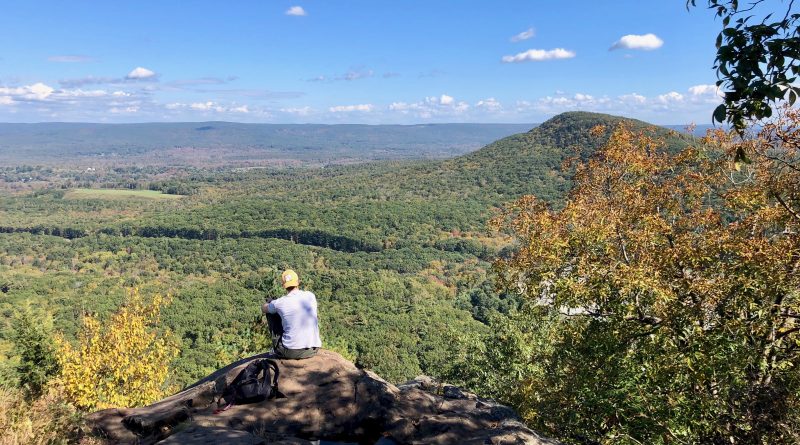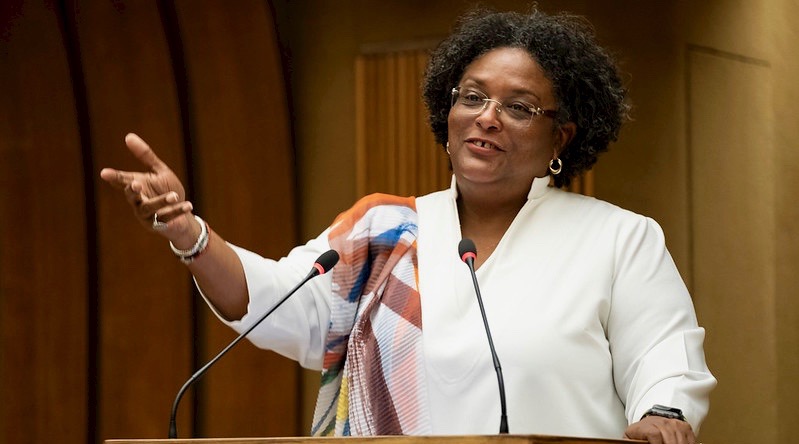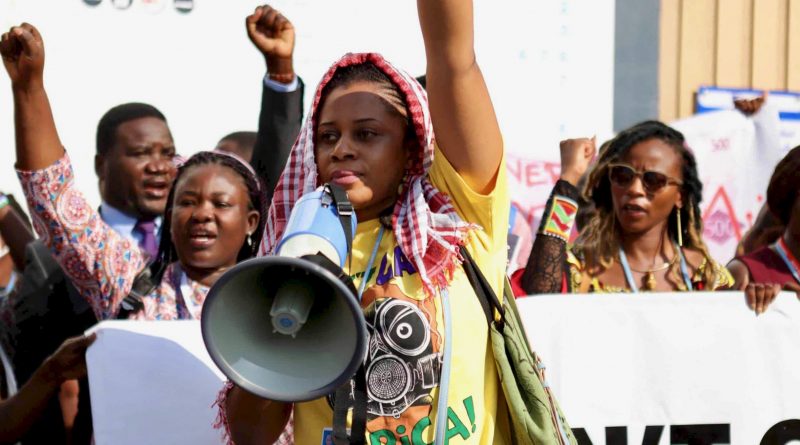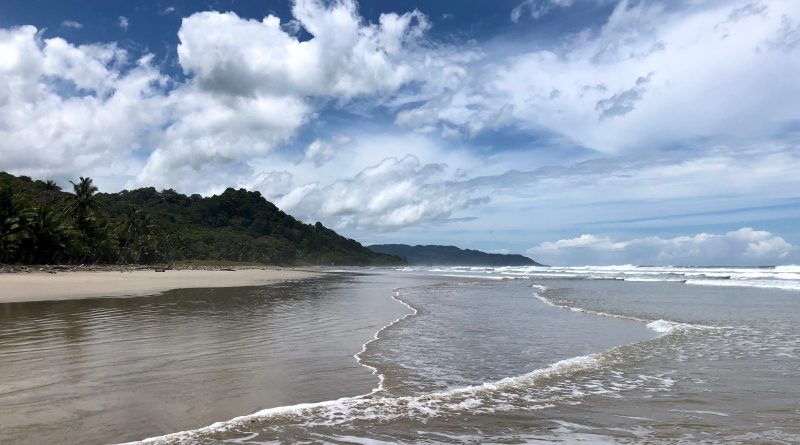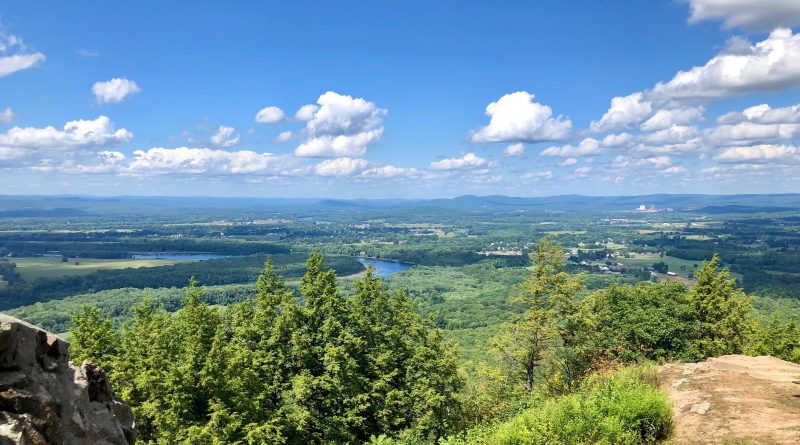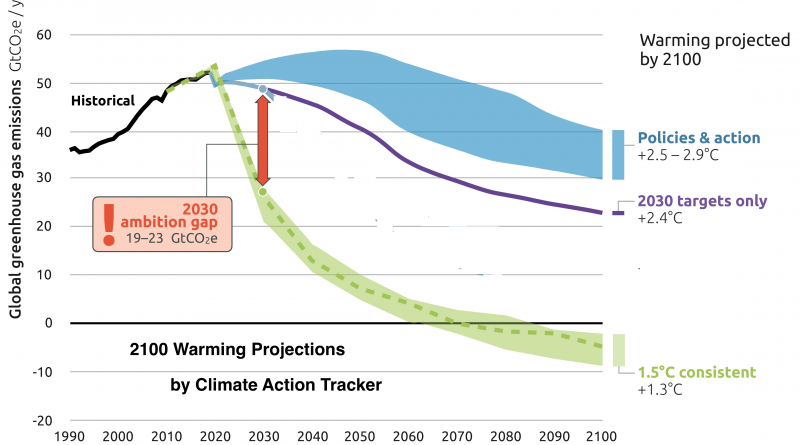Climate Activists and Small Nations Making a Difference in Their Nations and at COP28
I’ve been excited to learn recently about three different powerful climate activist campaigns, two of which have led to actions at COP28. As I write this it’s too early to know what the COP itself will produce, but so far much of the news seems to indicate that we have not yet built a sufficiently powerful climate movement, either in the U.S. or globally, to derail the power of the fossil fuel industry and its accomplices.
Here’s some good news. A month ago I wrote to you about a vital campaign to stop the climate-destroying expansion of LNG export terminals along the Gulf Coast in the U.S. This campaign is growing. In late November activists delivered more than 200,000 petition signatures to the Department of Energy calling for the Biden Administration to halt any permit approvals for new LNG terminals. At the behest of Third Act, elders are writing thousands of hand-written letters. Young influencers are using TikTok and Instagram to spread the word.
The Biden Administration has made no announcements about any change in policy, but they’ve indicated privately that they are seriously studying their response to this uproar. If you haven’t signed the petition yet, please join in on what has become an international protest and sign the petition. It’s at www.bit.ly/NoNewLNG. Organizers are now seeking a million signatures. (Note: The count you will see on the signing website includes only a fraction of the signatures so far.)
Read more

